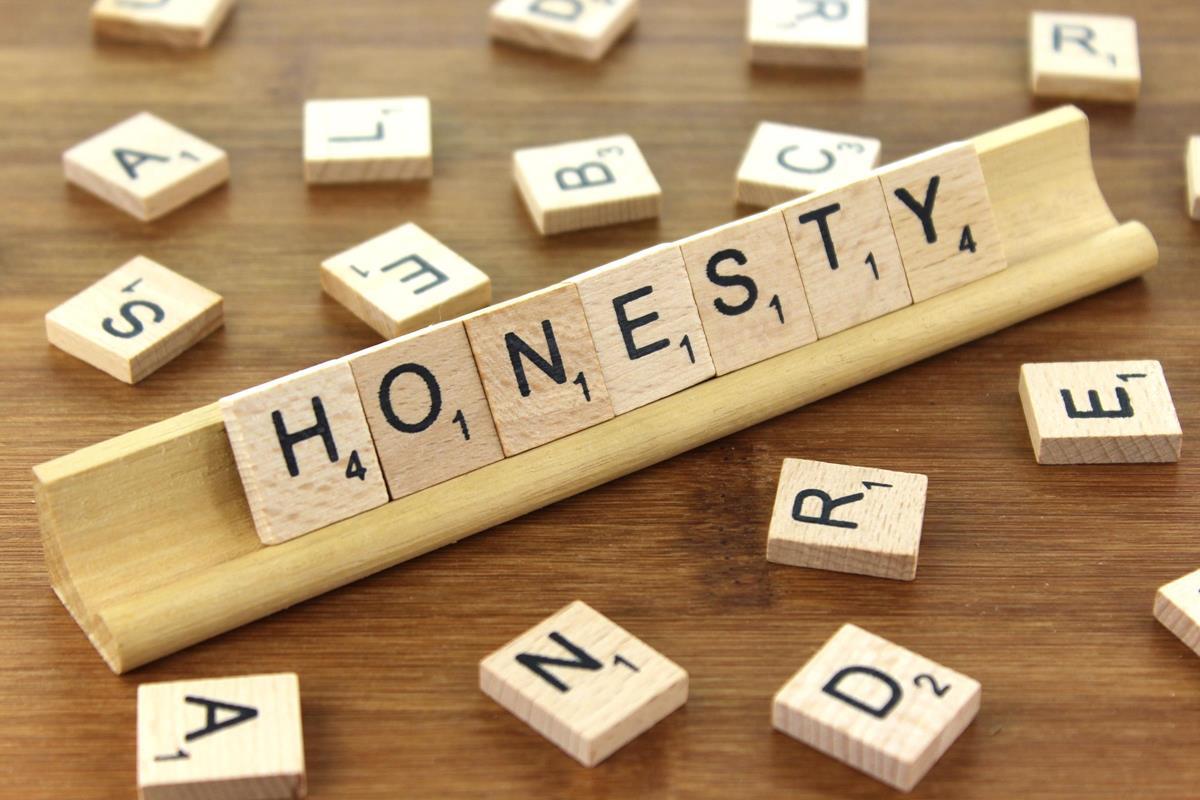Man, I thought the culture wars were bad when I was a kid. It’s cliche to say now that people are more divided along political lines than ever, so I’ll spare you. You know it. And that divide is particularly evident when people try to communicate with each other.
There’s the name-calling and expletive-flinging and straw-manning and worst-case-assuming, of course. But there also appear to be two sets of “acceptable” facts/statistics/anecdotes on any given issue. And there is a great deal of distrust between the warring parties (the right and the left) about the validity of those facts. This precludes any progress beyond a discussion of the facts of a case into the actual meat of what to do about something. Police brutality, racism, immigration, abortion, gender, climate change – these are all heavily politicized subjects with heavily politicized media on both sides supporting opposite viewpoints. It becomes hard to believe any facts which seem to be embraced by the other side, so both sides are left with not just different conclusions, but different premises.
This dynamic is worsened with each and every “fake news” story, doctored or selectively edited video, and false accusation promulgated by one side against the other. Targeted half-truths and falsehoods don’t just distort our ability to act – they destroy any of the trust needed for an actual conversation. As we lose and lose more agreements on the base reality of an issue (and we lose confidence that our opponent is trustworthy), talking becomes less and less worthwhile.
It’s ironic. The more passionately opposed we become to each other, the better we feel about “bending the truth” just a little. Yet this bending of the truth is the thing that ultimately defeats any chance of “winning” an argument or coming to a compromise. Telling the truth to your opponents – even when it’s hard – becomes all the more important as disagreement reaches a fever pitch.
You can be rude, loud, trenchant, critical, and the conversation can still happen. Some people even respect a passionate opponent more. But if you are deceitful, you and your “facts” will gain a reputation for deceit. No one will listen to you, and you will be doomed.
People often talk about the responsibility of news readers to reject fake news. This is good. But it is just as much our responsibility to reject lies and corruptions of truth in our own words and lives. We are now the media (if CNN hasn’t made a news story out of one of your tweets, it’s only a matter of time), and we do have some control in what happens next.




